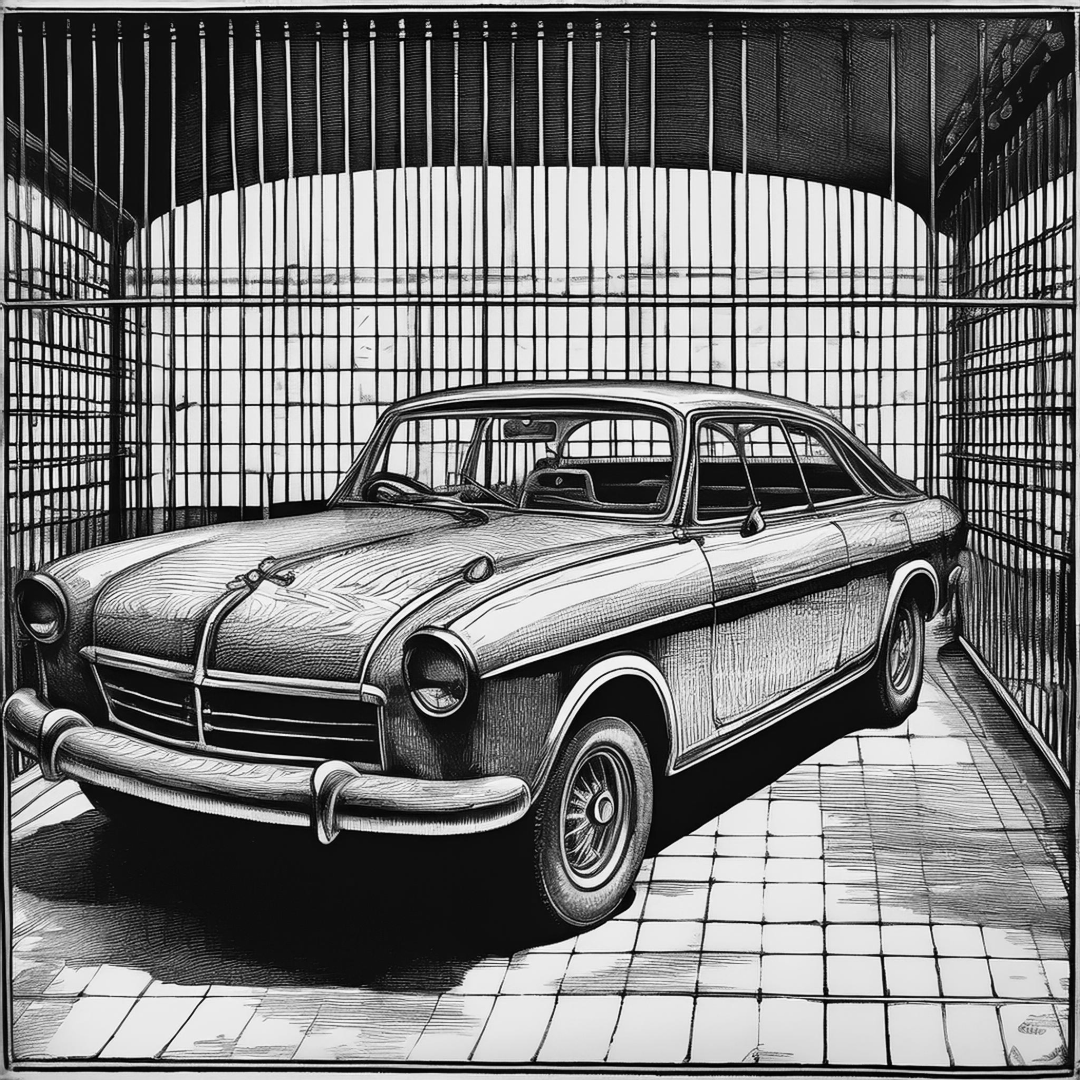MONTGOMERY, Ala. — A Hyundai supplier in Alabama has stopped using prison labor after receiving criticism over the ethical implications of employing incarcerated workers for low wages. The decision highlights longstanding debates about the state’s reliance on prison labor, which some say perpetuates exploitative practices rooted in its history.
Ju-Young, a manufacturer of auto parts for Hyundai, announced this week that it had ended its contract with Alabama’s prison system. The program had provided the company with incarcerated workers for its facilities. The company declined to share details about the pay or working conditions provided to these workers.
The announcement comes as Alabama faces increased scrutiny over labor practices, including reports earlier this year of child labor at some Hyundai suppliers.
Alabama’s use of prison labor has a complex and controversial history. Following the abolition of slavery, the state implemented a convict-leasing system that targeted Black men with harsh laws and minor offenses to provide forced labor for industries such as mining and agriculture. These workers endured brutal conditions, and many died while performing hazardous jobs.
Although convict leasing was abolished in 1928, prison labor persisted in other forms. Today, Alabama’s prisons still require many incarcerated individuals to work, often for pennies per hour or no pay at all. Under the state constitution, involuntary servitude is allowed as punishment for a crime, a provision echoed in the U.S. Constitution’s 13th Amendment.
Critics argue that the current system is an extension of these historical injustices. Incarcerated workers are often tasked with demanding jobs in manufacturing, agriculture, and public works without adequate safety measures or fair compensation.
Ju-Young’s decision to end its use of prison labor comes as labor practices across Alabama’s automotive sector are under heightened examination. Earlier investigations into Hyundai’s supply chain revealed that multiple suppliers had employed children in factories, resulting in lawsuits and renewed calls for reform.
Hyundai has vowed to address labor violations within its supply chain, but critics say broader changes are needed to ensure ethical standards are upheld across the industry.
Meanwhile, Alabama’s prison labor system remains a source of tension. Incarcerated individuals have staged work stoppages in recent years, protesting low wages and unsafe working conditions. In 2022, a statewide prison strike drew attention to the use of prison labor, with participants demanding fair pay and improved conditions.
Despite these efforts, reform has been slow. In 2022, Alabama voters approved a constitutional amendment to remove language explicitly allowing slavery and involuntary servitude as punishment for a crime, but activists say the change has had little impact on the prison labor system.
Advocates see Ju-Young’s decision as a positive step but argue it does not address the broader issue of prison labor in Alabama.
As conversations about labor ethics continue, the focus remains on Alabama’s prison system, where incarcerated workers often find themselves at the intersection of economic necessity and systemic inequities.

